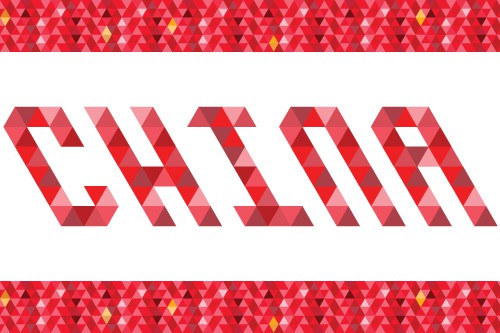
China will this summer ease restrictions on drug pricing controls as the government looks to tackle issues of medicine shortages.
This is according to a new ruling from the country’s National Development and Reform Commission (NDRC), which said in an online statement that the change would encourage “reasonable” pricing of medicines, while still helping control costs in the country’s state medical insurance schemes.
It added: “We have decided from 1 June to cancel government-set prices on most drugs to improve purchasing mechanisms for drugs, control costs for medical insurance and allow the trade price of medicines to be set by market competition.”
But analysts say the impact of the NDRC’s new rules will not see a major upswing in prices as around three-quarters of drugs in China are sold through hospitals, rather than through retail channels, where a different tender process is in place to helps keep prices down.
This tender has not been affected by the new move from the NDRC.
The new rules will however affect all drugs with the exception of anaesthetics and grade one psychiatric medications, according to the NDRC statement.
Just over a year ago China removed price caps on a small number of drugs as criticism grew that the controls had caused drug shortages.
A recent report by healthcare data consultants IMS Health found that spending on drug treatments in China could reach as much as $185bn in the next three years.
Growth market
China is fast becoming one of the largest pharma markets in the world with much promise for the industry, but for many years this promise has failed to become a financial reality.
Almost all non-Chinese pharma firms struggle to gain any major traction in the country with most only seeing very small amounts of revenue coming from the region when compared to other mature and emerging markets.
The situation is further complicated by a powerful state that has for years held rigid controls over pricing, and even gone after big pharma firms such as GlaxoSmithKline China in order to keep prices down.
GSK was in fact publicly criticised with a number of its senior staff arrested and the company fined hundreds of millions of dollars over allegations of bribery and price fixing in 2013. Analysts say that the real reason behind this was because the firm was not playing ball on keeping prices low in the region.
This has however done little to spook the industry which has consistently been building up a presence in the country in the hope of bumper sales growth in the future. As the country now has a population of more than 1.35 billion with a swelling middle-class, the industry is expectant of being able to sell much more medicine into China.
With this week’s announcement and last year’s removal of some controls it looks as if pharma is at a least a step closer to this becoming a reality.




